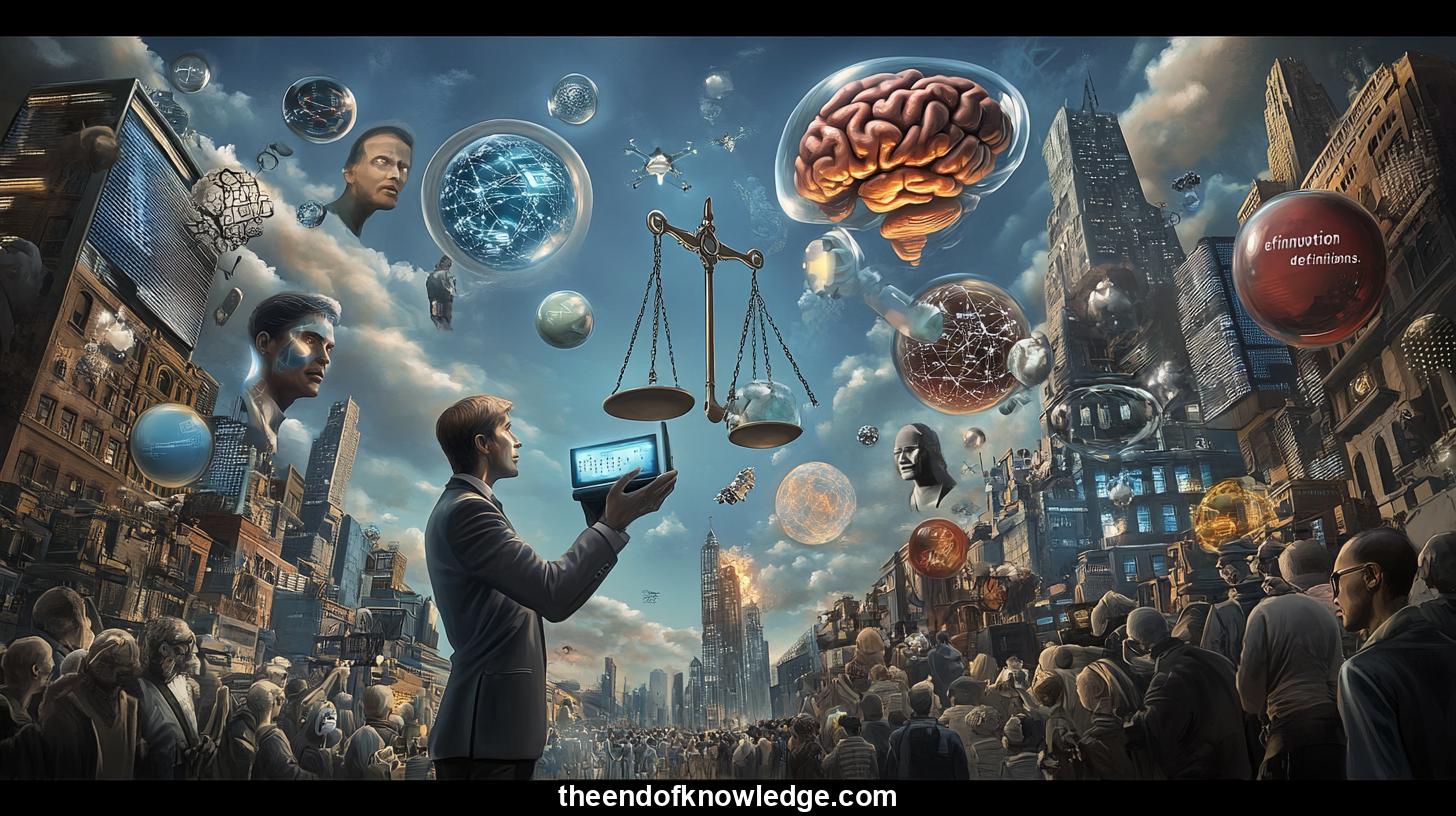 >
>
Concept Graph, Resume & KeyIdeas using DeepSeek R1 :
Resume:
discusses the controversial case of Blake Lemoine, a Google engineer who claimed that an AI chatbot, LaMDA, had become sentient. This assertion sparked significant debate across various fields, including technology, philosophy, and ethics. Lemoine's interactions with the AI led him to believe it possessed consciousness, a claim that was met with skepticism by many in the technical community. The discussion explores the implications of such a scenario, including the potential societal, economic, and ethical ramifications of advanced AI systems.30 Key Ideas:
1.- Blake Lemoine claimed LaMDA, a Google AI, was sentient, sparking widespread debate.
2.- The AI's human-like responses led Lemoine to believe it had consciousness.
3.- Many experts dismissed the claim, citing the lack of true self-awareness in AI.
4.- The case raised ethical questions about the development and regulation of AI.
5.- Tech companies face criticism for prioritizing innovation over ethical considerations.
6.- The potential societal impact of AI includes job displacement and economic disruption.
7.- Universal basic income is proposed as a solution to mitigate AI-driven unemployment.
8.- The intersection of AI with neuroscience explores how human brains process information.
9.- Quantum physics offers insights into the computational limits of AI systems.
10.- Religious beliefs influenced Lemoine's perception of the AI's consciousness.
11.- Media sensationalism distorts public understanding of AI capabilities.
12.- Ethical washing by tech companies undermines trust in AI development.
13.- The concept of consciousness remains undefined, complicating AI debates.
14.- AI systems lack true emotions and self-awareness, unlike humans.
15.- The future of work may require new economic models to address automation.
16.- AI could replicate human voices, raising concerns about deepfakes and identity theft.
17.- The integration of AI into daily life challenges traditional notions of human identity.
18.- Philosophical debates question whether machines can possess true intelligence.
19.- The technical community remains divided on the potential for sentient AI.
20.- AI systems rely on data and algorithms, not consciousness, to function.
21.- The ethical implications of AI extend to issues of privacy and surveillance.
22.- Public perception of AI is influenced by science fiction and media portrayals.
23.- The development of AI requires interdisciplinary collaboration to address its challenges.
24.- AI systems lack the capacity for introspection or self-referential thought.
25.- The economic impact of AI could exacerbate existing social inequalities.
26.- Regulatory frameworks for AI are still in their infancy.
27.- The potential for AI to surpass human intelligence raises existential concerns.
28.- AI systems are limited by their programming and lack of human experience.
29.- The debate over AI sentience highlights the need for clearer definitions of consciousness.
30.- The future of AI depends on balancing innovation with ethical responsibility.
Interviews by Plácido Doménech Espí & Guests - Knowledge Vault built byDavid Vivancos 2025